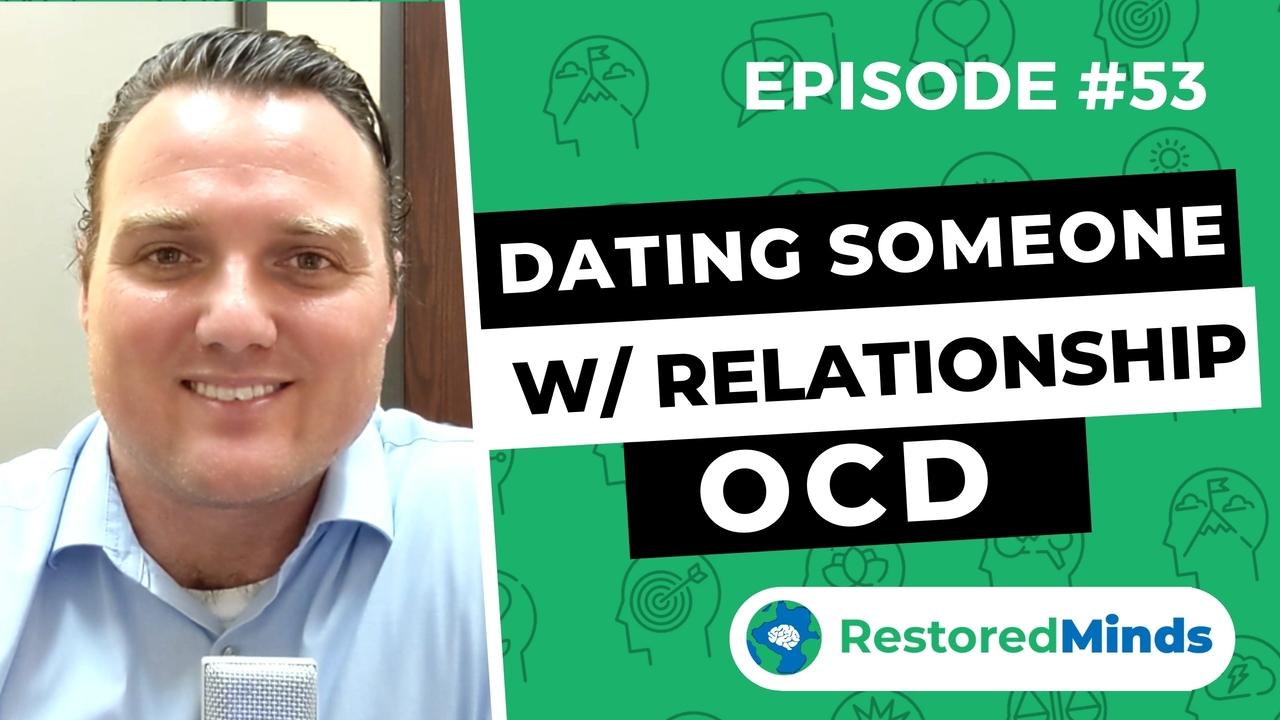Dating Someone with Relationship OCD
Oct 28, 2020
What is Relationship OCD?
Relationship OCD is a subtype of Obsessive-Compulsive Disorder where individuals experience intrusive thoughts and doubts about their relationship. This isn't just occasional uncertainty; it's persistent and distressing, often fixating on whether they truly love their partner or if their partner truly loves them.
Key Components of OCD
To support a partner with ROCD effectively, it's crucial to understand the OCD cycle:
-
Obsession
: Intrusive thoughts related to the relationship.
-
Anxiety
: The emotional and physical response to these thoughts.
-
Compulsion
: Behaviors performed to alleviate the anxiety.
-
Relief
: Short-term relief that reinforces the cycle.
Tips for Supporting Your Partner with Relationship OCD
1. Educate Yourself on OCD
Understanding the mechanics of OCD and its impact on your partner is the first step. Learn about the OCD cycle and recognize that your partner's anxiety is about their fears and not an actual issue with the relationship.
2. Avoid Reinforcing OCD Compulsions
One of the biggest traps partners fall into is unwittingly reinforcing compulsions. For instance, continually reassuring your partner about their fears might offer short-term relief but exacerbates their OCD in the long run. Instead, help your partner stick to their treatment plan, which may include strategies like Exposure and Response Prevention (ERP).
3. Encourage Professional Help
It's essential that your partner seeks help, as untreated OCD typically worsens over time. Professional guidance ensures that they receive appropriate treatment, allowing for long-term management and relief from their symptoms.
4. Don’t Take the Obsessive Thoughts Personally
Remember, the content of the obsessions is rarely the real issue. When your partner is fixating on aspects of your relationship, understand that the driving force is their OCD, not actual problems between you two. Avoid taking these thoughts at face value.
5. Engage in Open Communication
Having honest conversations about OCD can be incredibly beneficial. Ask your partner how their OCD is manifesting and discuss ways you can support them without reinforcing compulsions.
6. Foster a Supportive Environment
Being supportive and encouraging is vital. It involves recognizing your partner's progress, advocating for their well-being, and understanding the nature of their struggles. Consider seeking guidance from their therapist on the best ways to provide support.
7. Utilize Available Resources
Explore resources designed to help families and partners of those with OCD. Websites like Restored Minds offer guides, assessments, and a private community with expert guidance that can be invaluable.
Conclusion
Supporting a partner with Relationship OCD involves a blend of education, empathy, and effective communication. By understanding OCD mechanics, avoiding reinforcement of compulsions, encouraging professional help, and fostering an open, supportive environment, you can play a crucial role in your partner's journey toward managing and overcoming ROCD.


